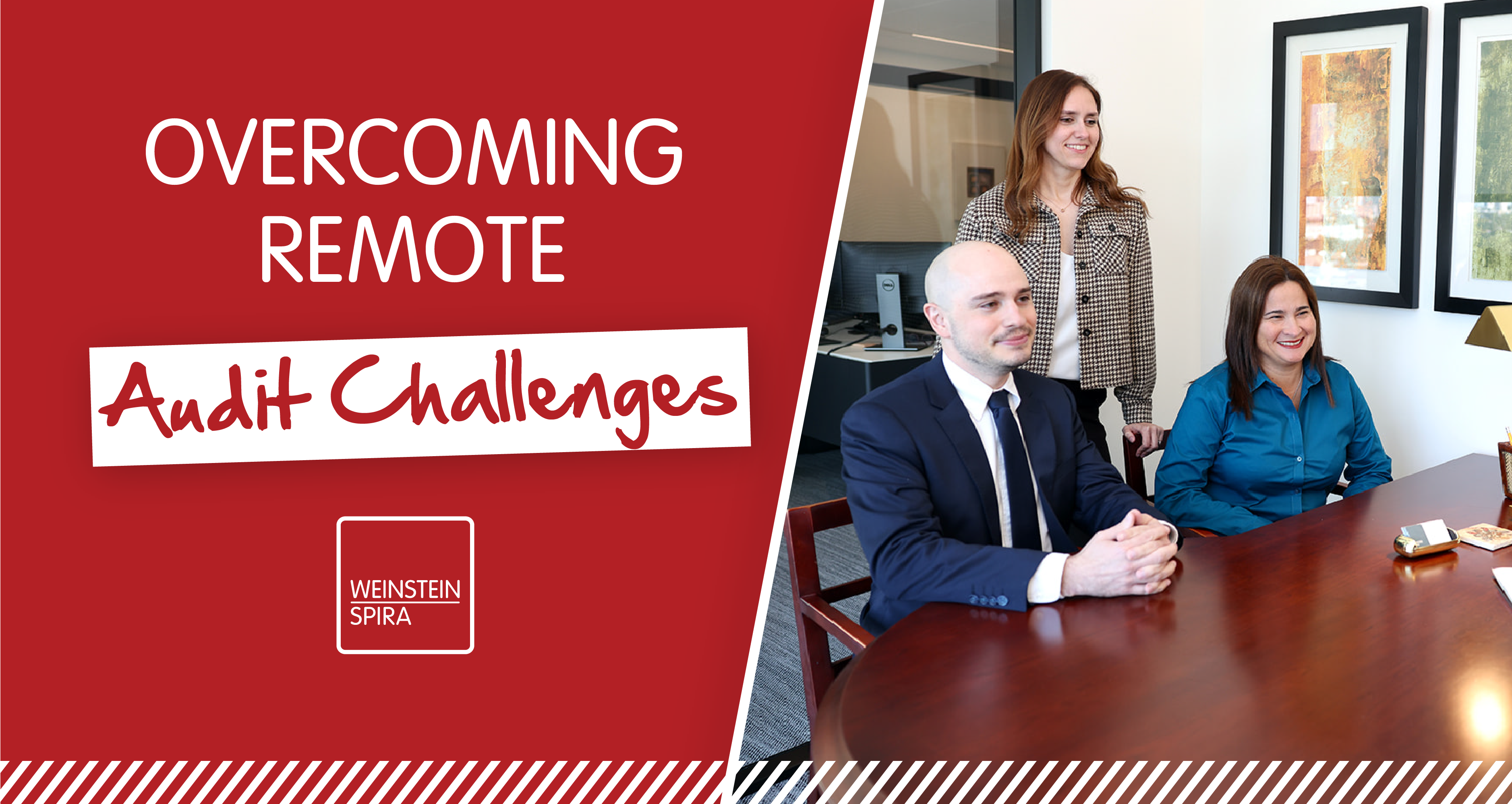Feedback, whether receiving or giving, can be challenging. Positive feedback is typically easier to give or receive as it reflects and acknowledges a person’s strengths. However, constructive feedback can be more difficult to navigate. In this blog, we’ll explore why feedback is important and tips on how to give and receive it effectively.
Why is Feedback Important?
There are many benefits to giving and receiving feedback for both employees and employers. Some of the most important factors are:
- Everyone is on the same page: Feedback allows both the evaluatee and evaluator to share information and opens communication for future feedback conversations.
- Promotes professional and personal growth: Constructive feedback gives the evaluatee the opportunity and motivation to take initiative and work on areas needing improvement.
- Recognizes strengths and success: Often, we get caught up in busy schedules, so pausing for feedback allows an opportunity to acknowledge positives and results.
- Provides opportunities for training: Providing constructive feedback opens communication for potential areas of training.
- Allows employees to feel valued and motivated: Receiving feedback, whether positive or constructive, gives the evaluatee the feeling of being valued, appreciated and motivated to improve.
Receiving Feedback
It’s not always easy being the person receiving feedback, however, it is important to remember that feedback is essential to grow both professionally and personally. Here are some tips to help you effectively receive feedback.
- Ask questions: If you are unclear about something, ask for clarification or an example. Whether it’s constructive or positive, knowing where you fell short or excelled will help you understand where you need to improve or what you should continue doing.
- Keep an open mind: When receiving constructive feedback, listen carefully and do not get offended. Keep in mind that feedback is an opportunity to improve and it is not personal.
- Listen and take notes: While listening to your feedback, take notes. This will help you understand what is being said and provides more insight when reflecting on the feedback later on.
- Ask for regular feedback: If feedback is not being given regularly, be proactive and ask for it.
- Reflect and set goals: Take some time to reflect on feedback. Consider areas you excelled in and how you can continue to incorporate those skills in future situations and set goals in areas where you received constructive criticism.
- Understand what is expected of you: It is important to begin your job or project with a clear understanding of expectations. This will not only give you a foundation for your performance but will also help relate feedback to your responsibilities.
Giving Feedback
Receiving feedback can be challenging but being the evaluator can be just as difficult. However, providing effective and impactful feedback can really improve the workplace. Here are some tips for giving feedback:
- Be timely: Ensure that feedback is given as soon as possible to allow the evaluatee a chance to take corrective measures.
- Be specific and give examples: Try to be very detailed and provide specific examples to ensure feedback is as effective as possible and less generalized.
- Provide action steps: When offering constructive feedback, discuss steps the person can take for improvement.
- End on a good note: Try to end the conversation on a good note, highlighting strengths and positive aspects.
- Follow up in writing: When giving verbal feedback, follow up in written form to ensure that what was communicated was not misunderstood. This also allows the person to have something in writing to reference.
- No surprises: Effective feedback should happen throughout a job or project. The evaluatee should not be surprised by the feedback at the end of an evaluation cycle.
Feedback at Weinstein Spira
At Weinstein Spira, there are various initiatives that have been implemented to help the feedback process:
- Feedback loops: These are short conversations throughout an audit or tax return process to provide real-time information about performance.
- Coaching: Every person has a coach they can go to in order to discuss feedback given or to get help with giving feedback. Our coaches provide guidance for employees to help them improve and develop skills.
- Competency Roadmap: A “Competency Roadmap” provides a detailed outline of each person’s responsibilities and duties which also acts as a tool when preparing feedback and helps people understand what is expected of them.
In conclusion, feedback no matter what kind, is an important factor for the development of both employees and employers. It not only helps employees grow and improve but also contributes to the success of the organization.



